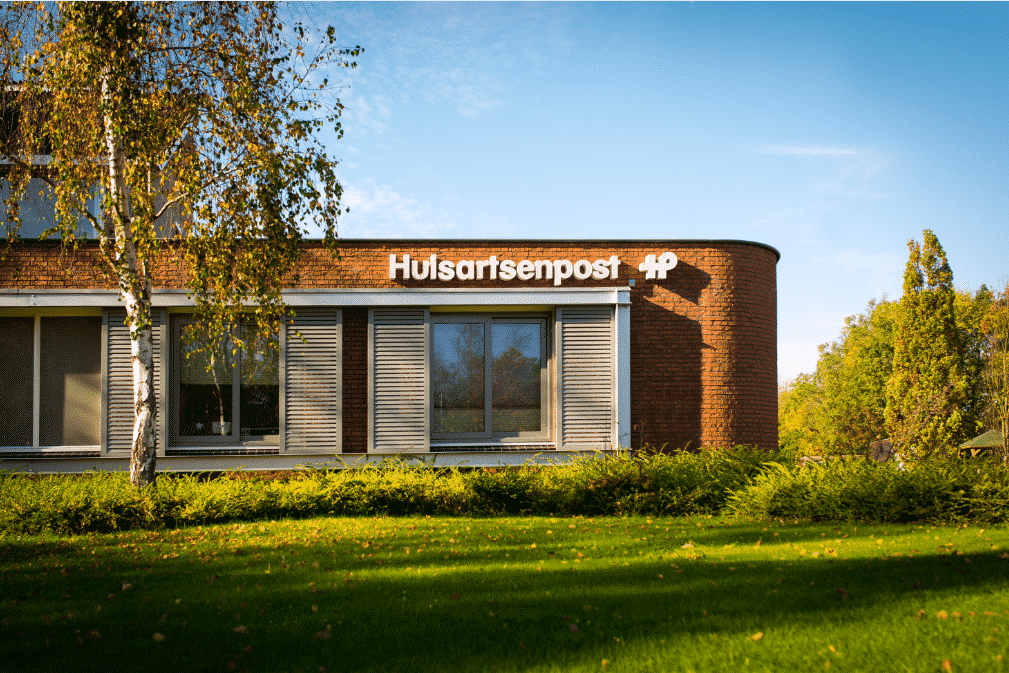
Capacity utilisation as COVID infections rise
01-02-2022 -by the management of De LIMES
In work and private life, we are confronted with high infection rates. This has an impact on all of us and certainly on our business operations. We have seen the influx to the CSP double last weekend and more COVID patients have also been seen in Voorhout and Alphen than in previous weekends. This increase in COVID patients and the shifted influx of patients to the three locations is putting pressure on our available capacity. In order to keep good care available and accessible for the entire region, we will have to work together even more than usual and make the best possible use of the capacity across the three locations.
The following was communicated to you in November last year. “There is a good chance that if you have a consultation service in Leiderdorp, you will be deployed at the CSP. The triage nurse will deploy the capacity where necessary. If you work in Alphen or Voorhout, it is possible that ‘clean’ patients come for a consultation from the Leiden region. We were already used to doing this when it overflowed in Leiderdorp, but because there will be less regular consultation capacity due to the deployment of the GPs at the CSP, this may occur more often”.
To clarify the above agreements, we will communicate additional agreements.
- At the start of the shift, the STIP and the directing staff call each other to discuss staffing and crowding at the posts.
- If, in the course of the shift, the regular consultation capacity at one location is compromised, all posts may use the available capacity at the other locations. In practical terms, this means that, in the event of a lack of capacity, Leiderdorp can book patients at the places that are still available in Voorhout or Alphen. This can also be done visa versa, so Voorhout and Alphen can use the remaining free places in the agenda in Leiderdorp due to a lack of capacity. It is expected that this will not involve more than 4 to 5 patients per day in the event of extreme crowds.
- Scheduling in the agenda at the other location is only done in case of capacity shortages, so it is not the intention to book patients together in advance.
- The triage nurse and the STIP will keep each other informed during the shift and preferably by telephone or otherwise via the chat function in Vcare, about the occurrence of capacity problems or other relevant developments at each person’s post.
- Before calling in the rear guard, the available capacity at the other locations is first used.
- The only intention is to use free spots in the agenda.
- If the above agreements are no longer sufficient, the STIP and the triage nurse can make additional agreements (if necessary in consultation with the directing physician) to achieve a good distribution of patients over the entire region.
We periodically evaluate the above agreements and adjust them where necessary. Of course we will inform you about this.
In order to keep good healthcare accessible to the entire region, it is necessary to work well together. We realize that this collaboration can sometimes be challenging and exciting, partly because some colleagues do not yet know each other or each other’s location and region.
Many triage nurses have indicated that they would like to take a look at each other’s proverbial kitchens, we will respond to this (without obligation) in the short term. More on that later.
